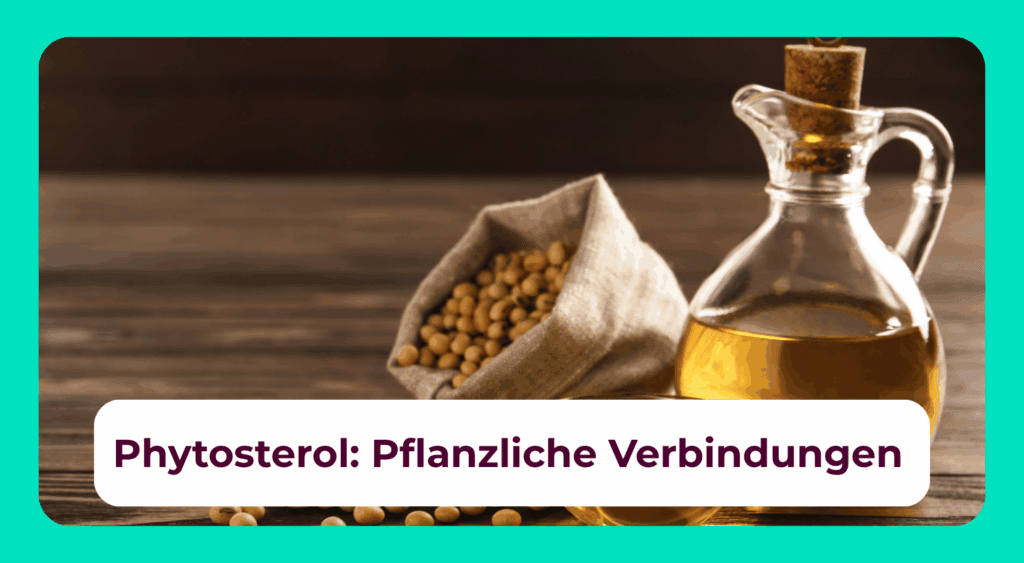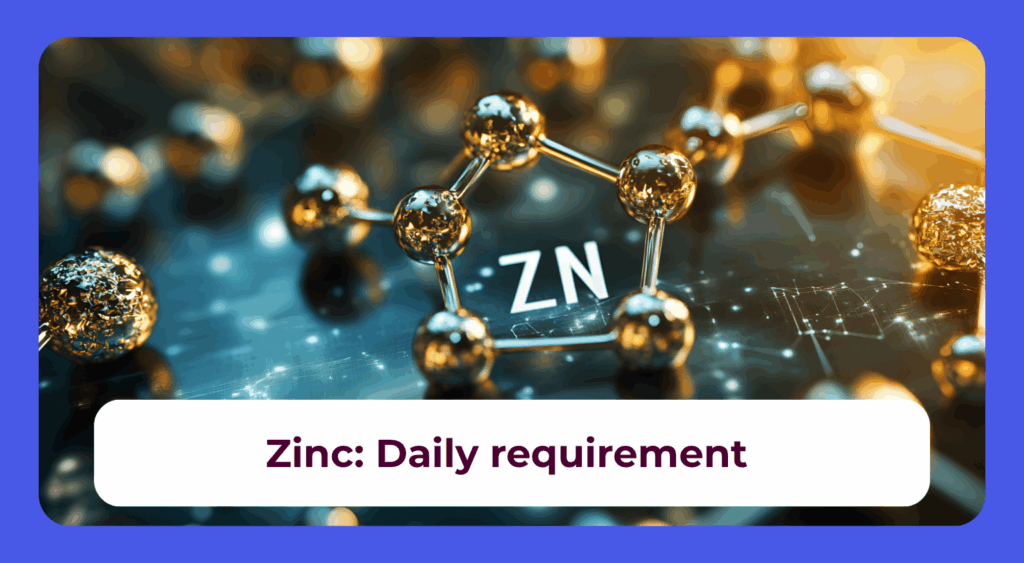D3 and K2 are two fat-soluble vitamins that are indispensable for health. Together, they make a decisive contribution to tooth and bone mineralization. Since they complement each other in their effect in some metabolic processes, they are often offered as combined ingredients in capsules or drops. Sometimes these supplements contain vitamins D3 and K2 as well as minerals such as magnesium and calcium.
Vitamin D3 and K2 at a glance
- Vitamin D3 ensures the absorption of calcium into the body and the regulation of calcium levels in the blood.
- Vitamin K2 is required by the protein osteocalcin, which is important for the incorporation of calcium into the bones.
- An excess of vitamin D can trigger hypercalcemia. This can lead to calcification of the vessels.
- Taking vitamin K2 can counteract the unwanted side effects of too much vitamin D3.
- To avoid health problems, it is best to combine high-dose vitamin D3 with vitamin K2.
What does the body need vitamin D3 for?
D3 is one of several forms of vitamin D. Unlike most other Vitamins, the body can produce it itself with the help of sunlight. In addition, we also ingest some of it with our food. However, nutrition only contributes about 10 to 20 percent to covering the daily requirement.

Vitamin D has various important functions in the body. For example, it is indispensable for:
- normal muscle function,
- a normal function of the immune system,
- the absorption of calcium and phosphorus in the intestine,
- the regulation of calcium levels in the blood, and
- the tooth and bone mineralization.

What does the body need vitamin K2 for?
In addition to K1, K2 is the second form of vitamin K that is relevant to the human body. K2 is found in animal foods such as eggs. In addition, the vitamin is produced by certain bacteria. These are also partly a normal part of the human gut microbiome.
In addition to cell growth and blood clotting , it is also important for the activation of osteocalcin, among other things. The protein osteocalcin is needed for the incorporation of calcium into the bones. Vitamin K is therefore crucially involved in maintaining bone health.
What is Vitamin K MK-7 all-trans?
There are different forms of vitamin K2. MK7 and MK-7 all-trans are a form of the vitamin that is often contained as an active ingredient in high-quality dietary supplements due to its very high bioavailability.
What is the daily vitamin D requirement?
The body produces enough vitamin D when it has enough sunlight available. If the body’s own synthesis is lacking, the DGE (German Society for Nutrition) advises all people over the age of one year to take an additional intake of 20 μg or 800 IU (international units) per day.1
According to the EU food safety authority EFSA, the maximum daily dose for vitamin D is even 100 μg (4,000 IU).2 This means that even the regular intake of five times the daily requirement is usually harmless.
What is the daily vitamin K requirement?
The DGE estimates the daily vitamin K requirement of adult men at 70 to 80 μg and of adult women at 60 to 65 μg. The requirement of children from one year of age and adolescents varies between 15 and 80 μg, depending on gender and age.3 EFSA has not yet set a maximum daily dose for this vitamin because there is not enough data for this.4
What are the risks of vitamin D that is too high?
Vitamin D promotes the absorption of calcium from food and regulates calcium levels in the blood. However, it does not affect what happens to the calcium in the body.
An overdose of vitamin D has a negative effect in several ways:
- The vitamin D excess increases the calcium level in the blood. This condition is called hypercalcemia.
- Calcium is increasingly dissolved from the skeletal bones. As a result, bone stability suffers, and the risk of osteoporosis.
- The increased calcium levels in the blood also promote calcification of the vessels and organs.
Want to Explore the Future of Nutrition?
Discover how genetic testing can provide in-depth insights into vitamin and mineral needs. Partnering with Novogenia opens the door to offering advanced, personalised health recommendations based on genetics. As an expert in nutrigenetics, Novogenia equips businesses with the tools to elevate their health services.
By becoming a Novogenia partner, you’ll gain access to cutting-edge genetic analyses, enabling you to offer your customers highly customised health solutions. With Novogenia’s support, businesses can stand out in the growing field of personalised nutrition, building customer loyalty and expanding service offerings. Take the next step in transforming health services and unlocking the full potential of nutrigenetics.
What are the benefits of taking vitamin D3 and vitamin K2 together?
D3 and K2 are excellent team players. They complement each other in some metabolic processes. Together, they make a decisive contribution to the maintenance of normal bones and teeth. In the long term, too high a dose of vitamin D leads to calcification of the vessels. Vitamin K can counteract this problem.
Especially when taking high-dose vitamin D as a dietary supplement, it can therefore be useful to take vitamin K2 in addition to avoid undesirable side effects.
When should you reach for additional vitamin D3 and K2?
Vitamin K1 is mainly found in plant foods, vitamin K2 is found in animal products and fermented foods. Healthy people can therefore cover their vitamin K needs well with their normal diet. Unfortunately, this does not apply to vitamin D. Nutrition only contributes to a small part of a needs-based supply. In addition, the body’s own synthesis is often limited, as the sun does not always shine, especially in Central and Northern Europe.
For this reason, taking an additional vitamin D supplement is useful in many cases, especially in the winter months. If you opt for a high-dose product, you should use Vitamin D3 it is best to take vitamin K2 at the same time. The easiest way to do this is to use a preparation that contains both vitamins in the desired dosage.
Below are three article teasers on related topics
Important to know
Are you not a specialist and have complaints, certain diseases or suspect deficiency symptoms? Then please be sure to consult a doctor to discuss this.
- 1 Deutsche Gesellschaft für Ernährung e.V.: Schätzwerte für eine angemessene Vitamin D-Zufuhr bei fehlender endogener Synthese (Stand: 2012). URL: https://www.dge.de/wissenschaft/referenzwerte/vitamin-d/ (zuletzt aufgerufen am: 03.10.2024).
- 2 European Food Safety Authority: Overview on Tolerable Upper Intake Levels as derived by the Scientific Committee on Food (SCF) and the EFSA Panel on Dietetic Products, Nutrition and Allergies (NDA) (Veröffentlichung: Juni 2024). URL: https://www.efsa.europa.eu/sites/default/files/2024-05/ul-summary-report.pdf (zuletzt aufgerufen am: 03.10.2024).
- 3 Deutsche Gesellschaft für Ernährung e.V.: Schätzwerte für eine angemessene Vitamin K-Zufuhr (Stand: 2000). URL: https://www.dge.de/wissenschaft/referenzwerte/vitamin-k/ (zuletzt aufgerufen am: 03.10.2024).
- 4 European Food Safety Authority: Overview on Tolerable Upper Intake Levels as derived by the Scientific Committee on Food (SCF) and the EFSA Panel on Dietetic Products, Nutrition and Allergies (NDA) (Veröffentlichung: Juni 2024). URL: https://www.efsa.europa.eu/sites/default/files/2024-05/ul-summary-report.pdf (zuletzt aufgerufen am: 03.10.2024).




